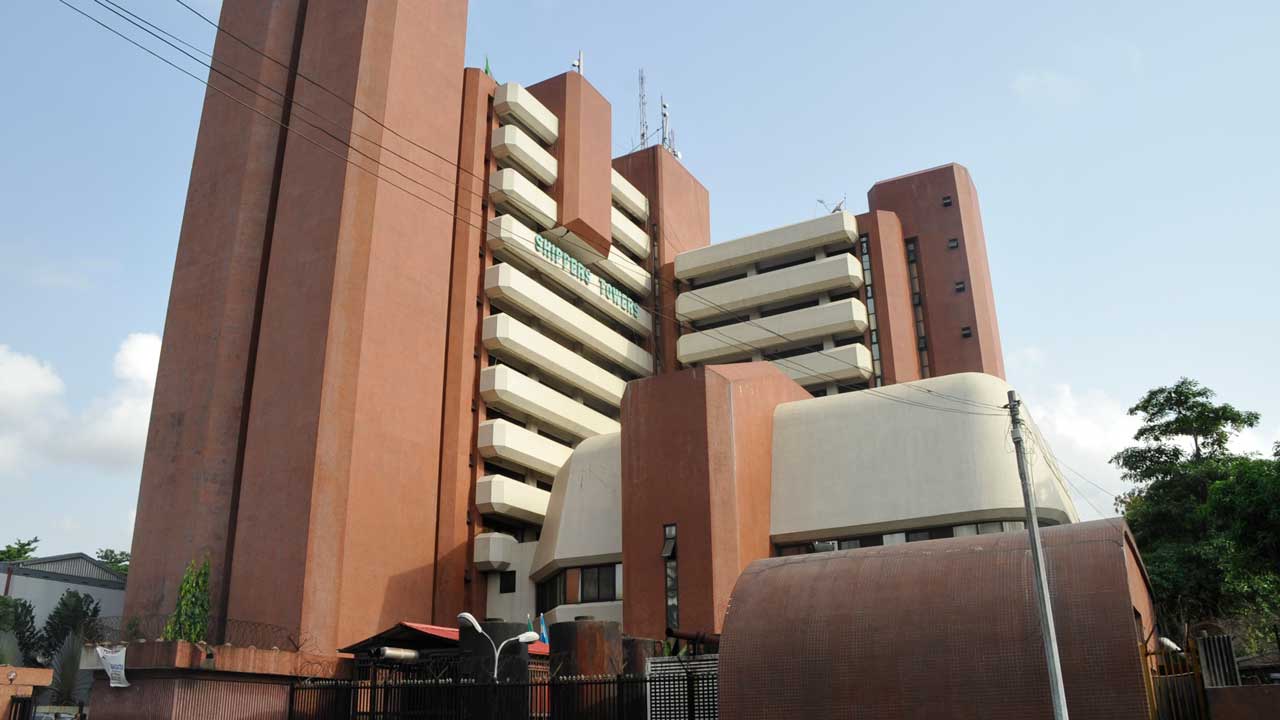
Amidst divergent opinions within the shipping community, shippers in Lagos have vehemently opposed the imposition of a one percent freight stabilization fee for funding the Nigeria Shippers’ Council (NSC).
The shippers in a chat with our correspondent called on the government to fully finance the NSC, to preserve its neutrality as the port’s economic regulator.
The proposal for self-funding and digitalization of NSC operations by August 2024, which was articulated by the Executive Secretary, Barr. Pius Akutah, has ignited heated debates within the industry. Akutah stressed the council’s pivotal role in revenue generation and its substantial contribution to the national GDP, particularly in light of the Orosanye’s report recommendation for self-management and revenue generation.
He expressed optimism about the successful implementation of the one percent freight stabilization fee in the second quarter of 2024.
However, this decision has evoked varied reactions from stakeholders. Last week, the Nigerian Port Consultative Council (NPCC) voiced support for the NSC’s move to self-collect the one percent freight stabilization fee. The NPCC Chairman, Mr. Bolaji Sunmola, during a visit to the Council’s Headquarters in Lagos, endorsed the initiative, underscoring the imperative of adequate funding for the council to discharge its regulatory functions effectively.
However, shippers in Lagos have raised unified opposition to the proposed fee, advocating for alternative funding mechanisms for the NSC. Rev. Jonathan Nicole, the immediate past President of the Shippers’ Association of Lagos State (SALS), unequivocally denounced the fee, highlighting its detrimental impact on shippers already burdened by financial strains. Nicole emphasized the urgent need for government intervention, urging full government funding to safeguard the council’s integrity and impartiality.
Adding his voice to the dissent, a shipper and SALS Board of Trustees member; Rev. Nicodemus Odolo, condemned the imposition of additional charges, citing the escalating business costs and the adverse effects on Nigerian shippers’ competitiveness. Odolo cautioned against compromising the council’s neutrality by pursuing revenue generation, warning of potential corruption and regulatory capture.
Also expressing grave concern, the immediate past Vice President of the Manufacturers Association of Nigeria (MAN), Chief John Aluya, emphasized the pivotal role of the NSC in protecting importers and exporters at the ports, as enshrined in the Shippers Council Act.
Aluya however cautioned against any deviation from the council’s mandate, stressing the importance of prioritizing shippers’ interests over revenue generation.















